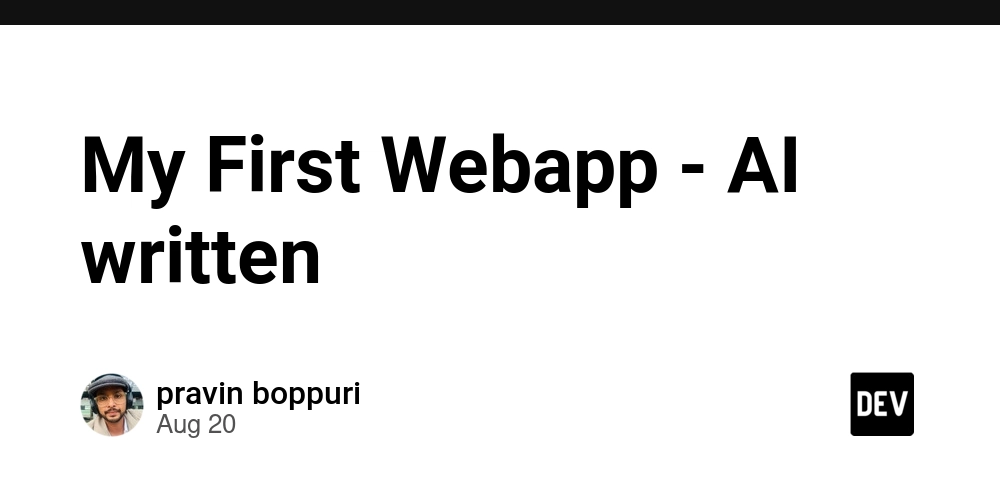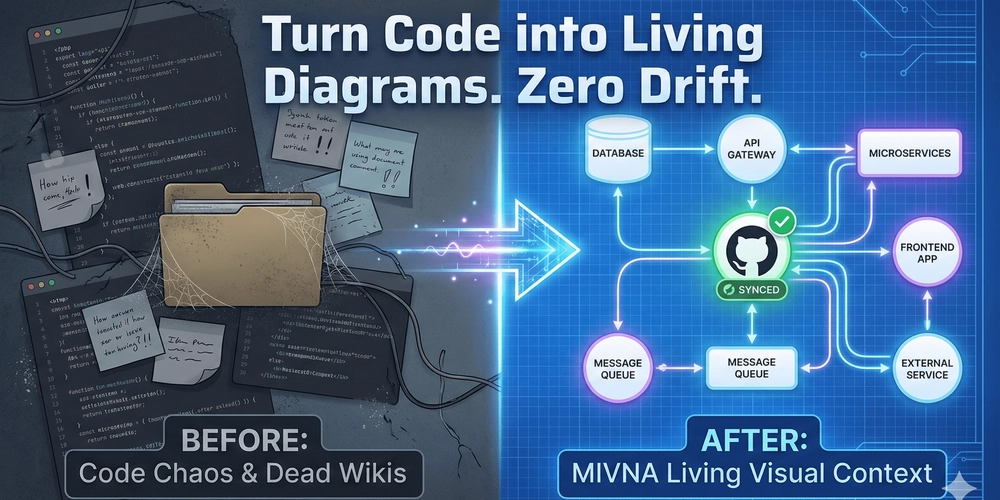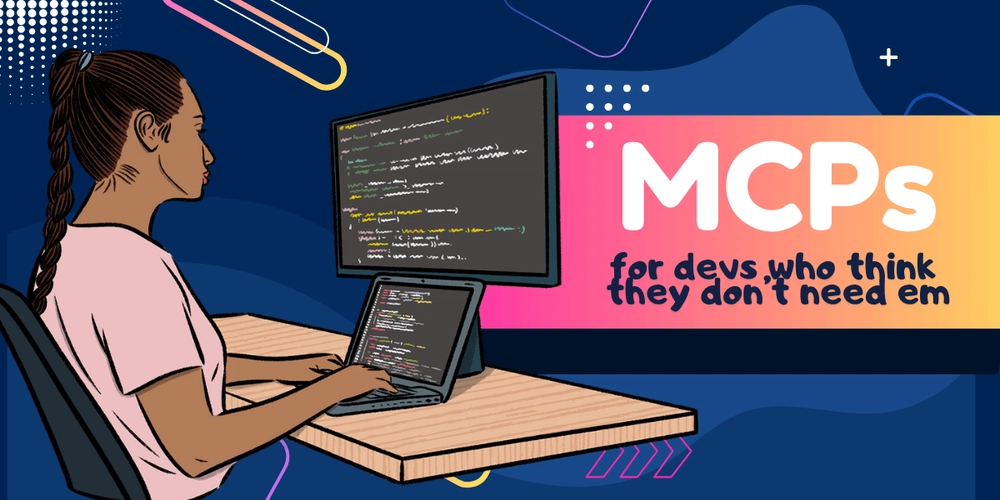My journey took an exciting turn when I discovered several tools that significantly accelerated my development process.
Vibe Coding Approach
I adopted what I call “vibe coding” – a development philosophy that prioritizes maintaining momentum and a positive mindset while coding. Rather than getting stuck in analysis paralysis, I focused on writing code that felt right and solved problems efficiently, even if it wasn’t perfect.
This approach helped me stay motivated and make consistent progress, especially during challenging phases of development.
Cursor: My AI Coding Partner
One of the game-changers in my development journey was using Cursor, an AI-powered code editor. With Cursor:
- I could describe functionality in plain English and get code suggestions
- Debugging became more intuitive with AI-assisted error analysis
- I learned new programming patterns through AI explanations of code snippets
This tool dramatically reduced my development time and helped me overcome technical hurdles that might have otherwise blocked my progress for days.
Firebase: Backend Made Simple
For my backend needs, Firebase proved to be the perfect solution:
- Authentication was implemented in hours rather than days
- Real-time database capabilities allowed for dynamic content updates
- Cloud Functions helped me create serverless API endpoints
- Hosting simplified deployment and made sharing my progress effortless
Firebase’s comprehensive documentation and intuitive interface meant I could focus more on building features rather than infrastructure management.
From Idea to MVP: Cross-Platform Publishing Tool
My webapp evolved into something I’m truly proud of – a cross-platform publishing tool designed specifically for Notion content creators.
Solving a Real Problem
As a Notion user myself, I noticed a common pain point: content creators who use Notion for drafting their content faced challenges when trying to publish across multiple platforms like Medium, WordPress, or social media.
Each platform required different formatting, content adaptation, and manual copy-pasting – a tedious process that consumed valuable time.
The Solution
My webapp bridges this gap by:
- Connecting directly to a user’s Notion workspace via API
- Automatically reformatting content for different platforms
- Managing scheduled publishing across multiple destinations
- Providing analytics on content performance
The MVP focused on the core functionality – connecting to Notion and publishing to WordPress and Medium, with plans to expand to more platforms based on user feedback.
Technical Implementation
Building this integration required overcoming several technical challenges:
- Working with Notion’s API to accurately preserve content structure
- Creating format converters for each target platform
- Implementing secure OAuth flows for connecting multiple accounts
- Developing a reliable scheduling system
Each challenge taught me valuable lessons about API integration, data transformation, and building secure web applications.
Lessons Learned and Future Plans
Building this cross-platform publishing tool has been an incredible learning experience. Some key takeaways:
- Start with a clear problem statement before diving into code
- Modern development tools can dramatically accelerate the development process
- Building in public and getting early feedback shapes a better product
-
Focus on solving real user problems rather than implementing fancy features
Looking ahead, I plan to: -
Add support for more publishing platforms
-
Implement AI-assisted content optimization for each platform
-
Create a more robust analytics dashboard
-
Build a community of Notion content creators using my tool
This first webapp has ignited my passion for creating useful tools that solve real problems. I’m excited to continue refining it and eventually work on new projects that make content creation more efficient and enjoyable.



